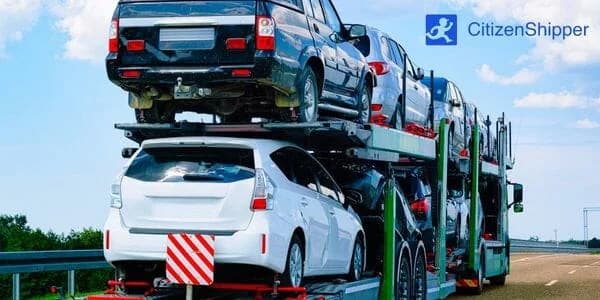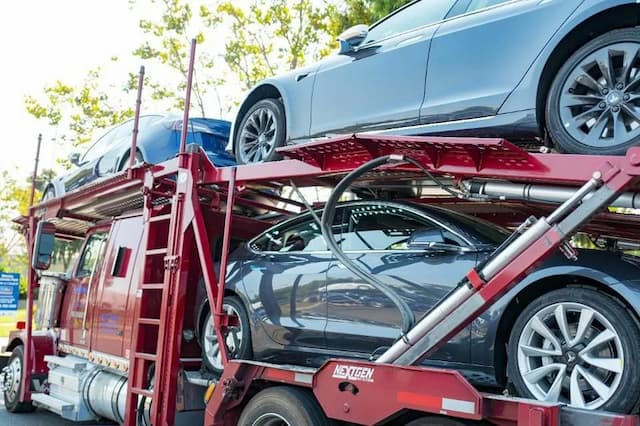Navigating Car Transport in Roanoke, VA
When it comes to shipping your car in Virginia, there's a world of factors to consider. Virginia, with its diverse geography from coastal plains to mountain ranges, seasonal weather shifts, and varying urban corridors, presents a distinct set of circumstances. But don't worry! Here at CitizenShipper, we are committed to helping you navigate through it all. Whether you're moving into or out of Roanoke or need to transport your car for any reason, our expert team is here to help.
Virginia's Vehicle Transportation Laws & Regulations
In Virginia, car transportation laws and regulations are in place to ensure the safety and preservation of all vehicles and public roadways. Auto transporters must adhere to the Federal Motor Carrier Safety Administration (FMCSA) regulations for safety. Compliance involves ensuring that all vehicles are properly secured during transport and maintaining necessary documents for every shipped vehicle.
All auto transporters operating in Virginia must also possess an active MC Docket number, issued by the FMCSA. This number signifies that a transportation company is registered under the federal government, allowing them to legally operate across state lines. Virginia also requires transporters to carry appropriate insurance coverage and may conduct periodic inspections to ensure compliance with state-specific regulations.
Weather & Terrain Considerations in Roanoke, VA
Weather patterns in Roanoke, VA have a significant impact on car shipping. Located in the western part of Virginia, Roanoke experiences all four seasons distinctly. Summers are warm and humid, while winters can bring significant snowfall and icy conditions, especially in the mountainous areas surrounding the city. Spring and fall are generally mild but can feature sudden temperature changes and occasional severe weather.
Roanoke's terrain is particularly challenging as it sits in the Roanoke Valley, surrounded by the Blue Ridge Mountains. These geographical features mean transporters must navigate winding mountain roads, steep grades, and potentially narrow passages. During winter months, mountain passes may experience closures or require chains, potentially causing delays. It's advisable to schedule shipments outside the winter season when possible, or allow for extra time if winter transport is necessary.








